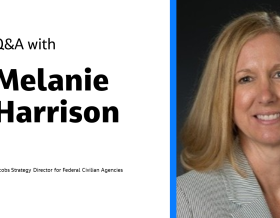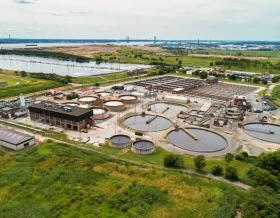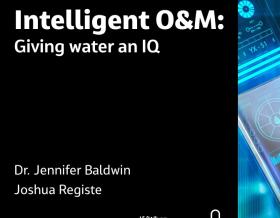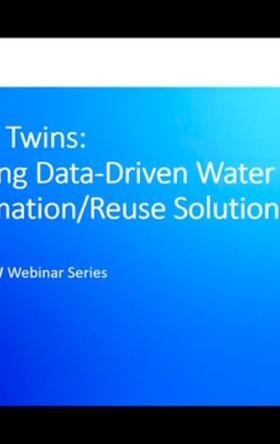
Jacobs, in collaboration with the Global Infrastructure Hub (GI Hub), has released a new thought leadership paper exploring the leadership skills and attributes required to lead infrastructure program and project teams to deliver solutions that realize an array of transformative outcomes for people and the planet.
The paper draws on key findings released by the GI Hub in its Transformative Outcomes Through Infrastructure initiative.
Over an 18-month period at the height of the pandemic, GI Hub tracked infrastructure-as-stimulus announcements by G20 countries and found a clear aspiration from governments for infrastructure investments to deliver outcomes beyond job creation and economic growth.
“Governments are trying to create greater transformation by also targeting environmental sustainability, resilience, inclusivity, technology adoption and research and development,” explains Global Infrastructure Hub Chief Executive Officer Marie Lam-Frendo.
“The stimulus spending announced is about $3.2 trillion. Coupled with business-as-usual infrastructure spending and greater leverage of private investment in infrastructure, we have an opportunity to take a major step towards transforming infrastructure at scale and boosting and diversifying its outcomes for all of society.”
The need for infrastructure to deliver greater outcomes has never been more urgent, according to Jacobs Vice President Global Program Management Bryan Harvey, who says climate challenges, growing levels of inequality in society and the COVID-19pandemic are all pulling into sharp focus the need to “build back better.”
“We need to challenge long-held assumptions and raise our expectations of the benefits and outcomes infrastructure can deliver in society,” he says.
“Infrastructure can lead in transforming our lives, communities and places – natural, built and digital – for the better and leadership, at all levels, is the key to unlocking its full transformative potential.”
The paper, titled Beyond the Baseline – Part 1: Leading infrastructure teams to deliver transformative outcomes, outlines 13 skills and attributes current and emerging leaders need to lead the charge on realizing transformative outcomes through infrastructure. It also outlines a range of measures that can be implemented at a jurisdictional/organizational level or program/project level to develop the required attributes of the leadership group.
About the Beyond the Baseline Series
The paper is the first in a series of three to be released exploring how infrastructure solutions can be conceived, planned and delivered to “build back better” and, in doing so, help address some of the world’s largest environmental, social and economic challenges. Subsequent papers explore how infrastructure programs and projects should differentiate transformative outcomes and impacts from what infrastructure has typically delivered, and how to equip program and project teams to quickly reach a shared appreciation of transformative outcomes targeted.
Other Jacobs and GI Hub collaboration
Jacobs and the GI Hub have previously collaborated to develop the GI Hub’s Improving Delivery Models initiative which aims to help infrastructure practitioners, policymakers and decisionmakers identify improvements for adoption prior to commencing the planning, design and procurement of infrastructure projects.
About the Global Infrastructure Hub
The Global Infrastructure Hub (GI Hub) is a not-for-profit organization that advances the delivery of sustainable, resilient, and inclusive infrastructure. Formed by the G20, the GI Hub works collaboratively with the public and private sectors to produce data, insights, knowledge tools, and programs that equally inform policy and delivery to create positive impacts through infrastructure. Visit gihub.org and connect with GI Hub on LinkedIn and Twitter.

























































